Trauma and EMDR
Are you constantly dealing with the effects of trauma?
Continually on edge and have difficulty relaxing?
Overreact to situations and feel like you don't have any control over your reactions?
You’ve Come to The Right Place
Large and small traumas can have a profound effect on our functioning including difficulty regulating emotions, irritability, increased worries, isolation, loss of interest in activities you used to enjoy, and changes in sleep patterns. Exposure to traumas, even seemingly small traumas, can lead to negative beliefs about the self.
What Are Large and Small Traumas?
-
Large Traumas
Sexual or Physical Abuse
Childhood neglect
Experiencing a traumatic event such as a serious car accident or an assault that caused bodily harm
Life threatening medical event for self or family member
Sudden or violent death of family member
Witnessing violence
Experiencing natural disaster
-
Small Traumas
Negative comments about physical appearance or intelligence
Being laughed at or ridiculed
Embarrassment
Being teased or criticized
Being self conscious due to physical attribute, skin condition, speech difference, or other perceived difference
Microaggressions
Watching and hearing about traumatic events on the news
I help individuals dealing with the effects of trauma feel confident, secure, and balanced.
Introduction
My name is Valerie Ytzen and I help individuals dealing with the effects of trauma feel confident, secure, and balanced. I am a licensed clinical professional counselor and registered art therapist with over 10 years of clinical experience working with individuals who have experienced trauma, neglect, physical, sexual, and emotional abuse, PTSD, grief and loss, attachment issues, identity issues, anxiety, and depression.
My Approach
I have been formally trained in Eye Movement Desensitization Reprocessing (EMDR) and can provide this therapy for individuals looking to process through past traumas, distressing memories, and negative self beliefs. EMDR is an extensively researched method shown to be effective in helping individuals heal from trauma, PTSD, anxiety, depression, phobias, and distressing life experiences. Research has shown that EMDR can be an efficient and rapid treatment.
EMDR can help
PTSD
Trauma
Childhood trauma
Anxiety
Negative Self Beliefs
Low Self-Esteem
Grief and Loss
Phobias
Depression
How EMDR works
EMDR is a therapy that uses bilateral stimulation as a way to allow your brain to process through traumatic and distressing memories. When we experience trauma those memories often become stuck and we continue to react as if we are still experiencing the trauma. Following traumatic experiences or disturbing events we also often associate negative beliefs about ourselves as a result. EMDR helps to target those negative beliefs and disturbing memories in order to process through and remove the strong emotional reactions connected to those memories.
How Long Does it Take To See Progress?
EMDR sessions usually take place one to two times per week and are between 60-90 minutes in length. Many clients start to see improvements within 6-12 sessions. Some people will require fewer sessions and some may benefit from additional sessions. Single traumatic events tend to have shorter treatment needs than complex trauma histories.
How to get started
If you are ready to let go of the pain and take back control of your emotions call Valerie for a free 15 minute phone consultation
at 224-252-0480 or schedule an appointment by clicking the Make an Appointment button below.


